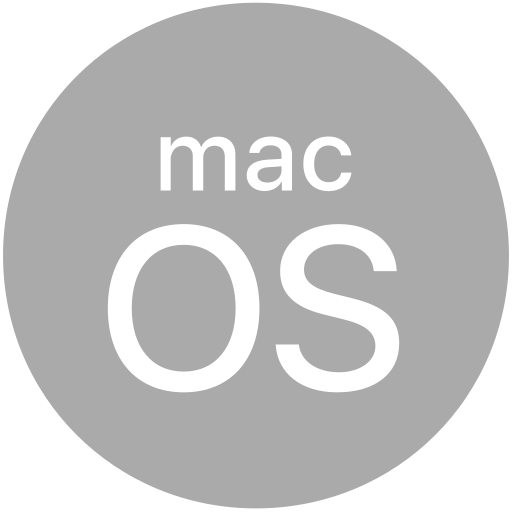# Titanium.UI.Color
Represents a color used for UI components.
# Overview
This type may be used on iOS for assignment to any property typically taking a String color value. A developer is not expected to typically interact with a Titanium.UI.Color object, as we generate them under the hood when converting the passed in String representations. One major exception is use of the Titanium.UI.fetchSemanticColor method, which will return an instance to be passed to UI components. This instance will automatically "adapt" the receiver to light/dark mode changes.
The only current instance you'd receive this type on Android is through the Titanium.UI.Android.getColorResource method. Note that Android does not currently support passing in instances of this type for UI components/properties! You must convert to a hex string representation to pass this in to any color properties on Android.
See UI Element Colors (opens new window) and Standard Colors (opens new window) for lists of named colors to pass to Titanium.UI.fetchSemanticColor on iOS.
See R.color (opens new window) for a list of system color names to use to pass to Titanium.UI.Android.getColorResource on Android.
# Properties
# apiName READONLY
The name of the API that this proxy corresponds to.
The value of this property is the fully qualified name of the API. For example, Titanium.UI.Button
returns Ti.UI.Button.
# bubbleParent
Indicates if the proxy will bubble an event to its parent.
Some proxies (most commonly views) have a relationship to other proxies, often established by the add() method. For example, for a button added to a window, a click event on the button would bubble up to the window. Other common parents are table sections to their rows, table views to their sections, and scrollable views to their views. Set this property to false to disable the bubbling to the proxy's parent.
Default: true
# lifecycleContainer
The Window or TabGroup whose Activity lifecycle should be triggered on the proxy.
If this property is set to a Window or TabGroup, then the corresponding Activity lifecycle event callbacks will also be called on the proxy. Proxies that require the activity lifecycle will need this property set to the appropriate containing Window or TabGroup.
# Methods
# addEventListener
Adds the specified callback as an event listener for the named event.
Parameters
| Name | Type | Description |
|---|---|---|
name | String | Name of the event. |
callback | Callback<Titanium.Event> | Callback function to invoke when the event is fired. |
Returns
- Type
- void
# applyProperties
Applies the properties to the proxy.
Properties are supplied as a dictionary. Each key-value pair in the object is applied to the proxy such that myproxy[key] = value.
Parameters
| Name | Type | Description |
|---|---|---|
props | Dictionary | A dictionary of properties to apply. |
Returns
- Type
- void
# fireEvent
Fires a synthesized event to any registered listeners.
Parameters
| Name | Type | Description |
|---|---|---|
name | String | Name of the event. |
event | Dictionary | A dictionary of keys and values to add to the Titanium.Event object sent to the listeners. |
Returns
- Type
- void
# removeEventListener
Removes the specified callback as an event listener for the named event.
Multiple listeners can be registered for the same event, so the
callback parameter is used to determine which listener to remove.
When adding a listener, you must save a reference to the callback function in order to remove the listener later:
var listener = function() { Ti.API.info("Event listener called."); }
window.addEventListener('click', listener);
To remove the listener, pass in a reference to the callback function:
window.removeEventListener('click', listener);
Parameters
| Name | Type | Description |
|---|---|---|
name | String | Name of the event. |
callback | Callback<Titanium.Event> | Callback function to remove. Must be the same function passed to |
Returns
- Type
- void
# toHex
Returns a hex string representation of the color (in the RRGGBB or AARRGGBB formats)
The returned value is an uppercase hex representation of the color with a leading '#'. If fully opaque,
the alpha hex values will be omitted. For example, black would return '#000000'. Black with a 50% opacity
would return '#80000000'
Returns
- Type
- String
